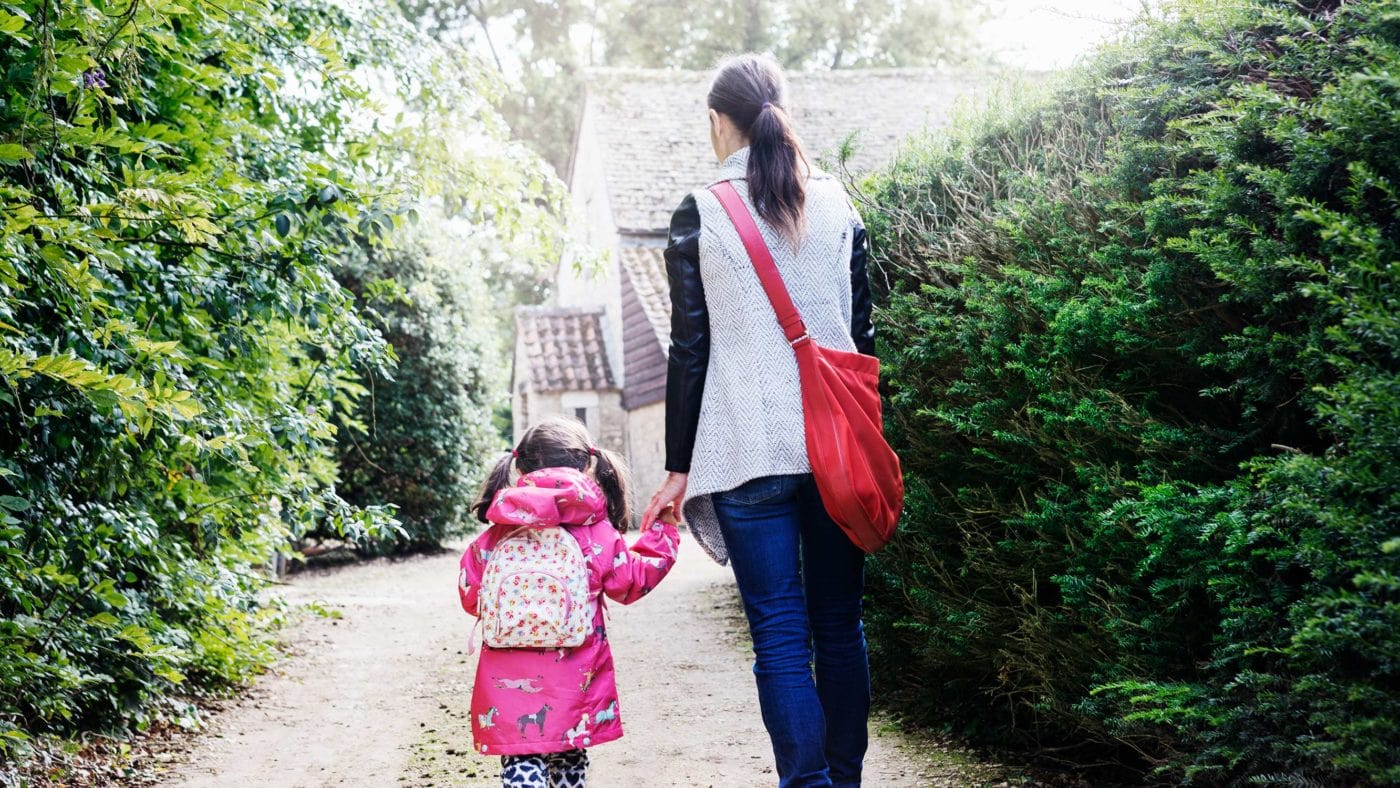A new report authored by the Children’s Commissioner for England, Dame Rachel D’Souza, has issued a stern warning over the scale and effects of family breakdown. Among her findings are that half of English children now live across more than one household and a quarter of families are headed by a lone parent (of whom 90% are women).
It is a welcome intervention in a social policy debate that has far too often emphasised ‘protected characteristics’ such as race, and downplayed other important forms of social and economic disadvantage. Dame Rachel, who for a long time worked as an educationalist in my hometown of Luton, rightly notes that families can have a ‘protective effect’, shielding people in challenging times and, as well as having a positive impact on both happiness and future earnings:
‘Having a stable and supportive family, whatever form that takes, can determine a child’s future success. Children with happy families do better in their exams, go on to get better jobs, and have higher hourly income at the age of 25. Family can insulate us from life’s adversity and challenges.’
This is a drum I have been banging for some time – not least on this website. For too long, the social policy space has been paralysed by political correctness when it comes to discussing the importance of the traditional family in shaping life chances.
The Centre for Social Justice (CSJ) has produced research which suggests that the ‘family model’ most strongly associated with positive youth outcomes is a two-parent home headed by a married couple. Pointing that out is absolutely not about demonising single parents or unmarried couples – far from it. But the fact remains that certain family structures are, generally speaking, more strongly linked with positive youth outcomes relating to cognitive development, school attainment, mental well-being, life satisfaction and not being involved in the criminal justice system.
And the figures I have looked at in my own research are both striking and concerning. In 1971, the UK had 570,000 single-parent families – by 2021, this figure had reached 3 million. In the 1970s, the marriage rate (opposite-sex couples, persons marrying per 1,000 unmarried males/females aged 16 years and over) for men peaked at 78.4 in 1974. By 2018, this had plummeted to just 20.1. For women, the 1970s peak was 60.5 (in 1972). This dropped to 18.6 by 2018.
And the stats also show that marriage and cohabitation are not simply interchangeable social arrangements. Including both opposite-sex and same-sex marriages in its analysis, CSJ research has shown that by the time they turn five years of age, over half — 53% — of children of cohabiting parents will have seen their parents split up. Among five-year-olds with married parents, this drops down by 38 percentage points to 15%. That teaches us a simple, if unfashionable, lesson: family structure matters.
All of this paints a picture of profound social breakdown, with both low marriage rates and stubbornly high levels of family breakdown. Of course, stagnant wages, high living costs and a lack of affordable housing all put pressure on households, but economics alone cannot account for the level of social breakdown we’re seeing.
What we need now more than ever is an honest debate about culture. Attitudes towards marriage and having children outside of a secure relationship should be part of that debate. The rate of children living in lone-parent households among different groups strongly suggests that cultural effects are at play. According to 2019 data produced by the Office for National Statistics (ONS), only 6% of Indian-origin children live in lone-parent households – this rises to 19% for White British kids and reaches an astonishing 63% for their peers of Black Caribbean heritage. These kind of disparities cannot simply be swept under the carpet or blithely blamed on ‘structural racism’.
Whoever the next Prime Minister might be, they should recognise just how popular a family-centric policy agenda is with ordinary voters, even if it has been largely ignored in mainstream political discourse. Indeed, recent Opinium polling commissioned by the CSJ for its ‘Repairing our Society’ report found overwhelming support for family-centred policymaking. A majority of both Leave-voting and Remain-voting respondents agreed that the next PM should create a new ‘Office for Family Policy’ to ensure all government policies support family life. Areas such as the tax treatment of marriage couples, childcare and our approach to parental leave are all examples of where the state could do far more to support family life.
But we won’t get anywhere unless we start by honestly acknowledging the benefits of stable families – only then can we start the hard work of repairing Britain’s tattered social fabric.
Click here to subscribe to our daily briefing – the best pieces from CapX and across the web.
CapX depends on the generosity of its readers. If you value what we do, please consider making a donation.


